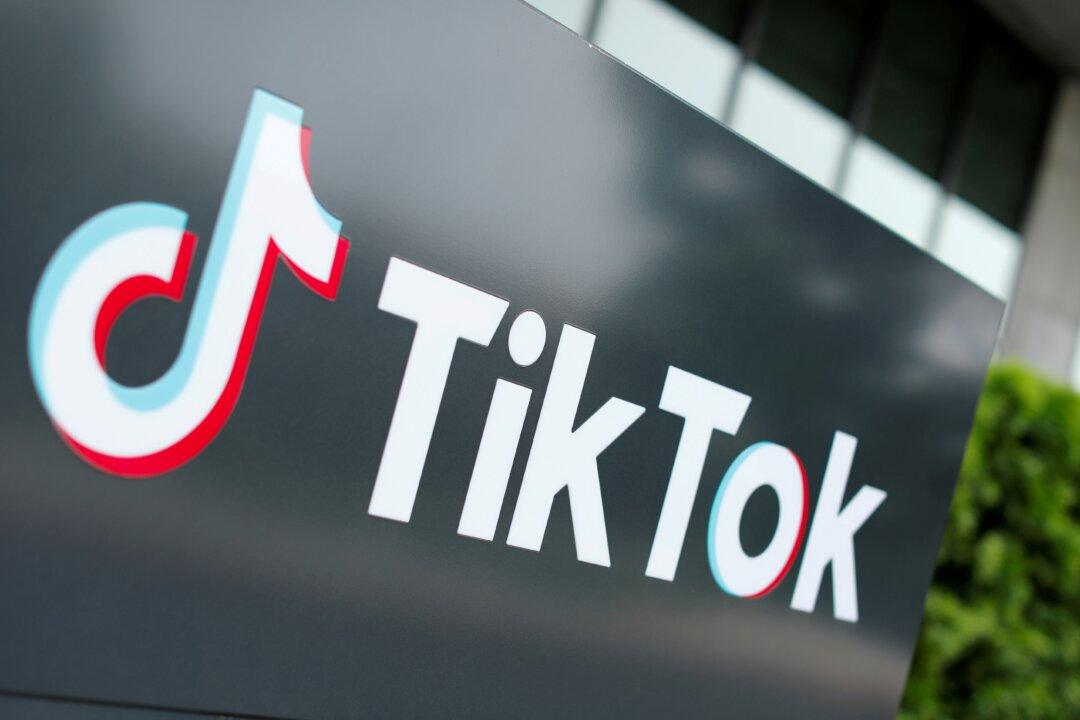THE HAGUE, Netherlands—A Dutch consumer group is launching a 1.5 billion euro ($1.8 billion) claim against TikTok over what it alleges is unlawful harvesting of personal data from users of the popular video sharing platform.
The Consumentenbond and a foundation called Take Back Your Privacy demanded Thursday that TikTok pay damages to 1.2 million to 1.6 million Dutch children who use the app.





